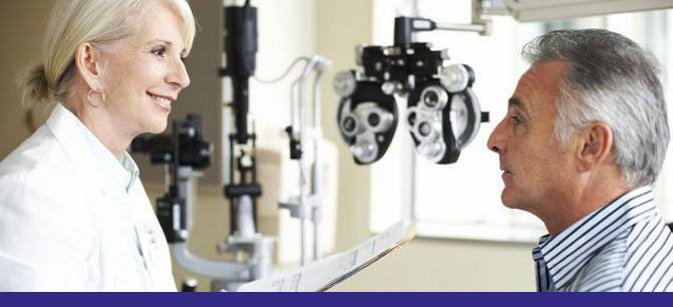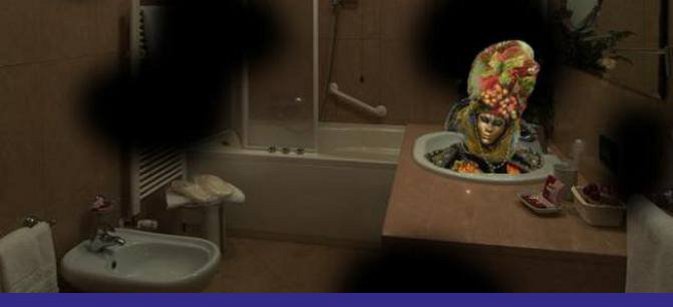The link between eye removal and the possibility of contracting Charles Bonnet syndrome (CBS) has been understated. Just as with our previous news item re stroke, often there is no forewarning provided that CBS could be an unexpected consequence of eye loss.
The removal of an eye (enucleation) due to cancer, disease or accident is a profound life changing moment. It can result in significant emotional distress; self-image and quality of life issues can be affected. Monocular (one eye) vision leads to a reduction in one's visual field by about 20%. This means that one's peripheral (or side) vision is affected. Tasks involving depth perception (eg. negotiating stairs) can also be compromised.
What is less well-known is that the amputation of an eye can trigger similar reactions to that of phantom limb syndrome. Individuals who have lost part or all of a limb, have often later reported phantom sensations as if the amputated limb was still there. Similarly, the removal of an eye has resulted in comparable sensations known as Phantom Eye Syndrome. The syndrome includes various sensations experienced after eye removal:
- feeling of pain or itchiness in the non-existent eye
- sensation of the (non-existent) eyelids
- sensation of seeing with both eyes
- phantom visual imagery (white/coloured lights, shadows, phantom figures/images akin to CBS).
The CBS Foundation believes that patients who may be facing eye removal need to be informed of these possible phenomena by their eye surgeon. This includes the risk of developing phantom visual imagery consistent with Charles Bonnet syndrome.








